Suicide blast kills mayor of Afghanistan's Kandahar city
Hamidi's death comes at a time when a power vacuum has been created in Afghanistan after killing Ahmad Wali Karzai.
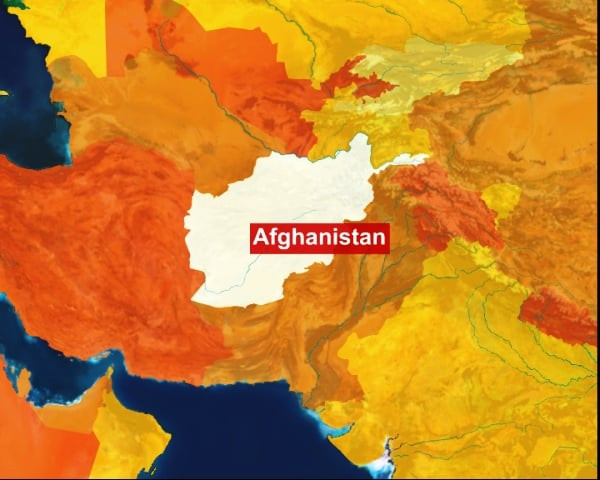
The death of Mayor Ghulam Haidar Hamidi is the latest in a string of assassinations of Karzai allies.
While it is unclear if all were the work of insurgents, the killings have stoked instability as foreign troops begin withdrawing ahead of Afghan forces taking full security control by the end of 2014.
Hamidi, 65, was killed and another person wounded when a suicide bomber detonated his explosives in a corridor near Hamidi's office, said Zalmay Ayoubi, the spokesman for the Kandahar provincial governor.
"It appears the bomber was carrying the bomb in his turban," Ayoubi said.
Kandahar province is the Taliban's birthplace and a focus of recent efforts by a surge of U.S. troops to turn the tide against the insurgency in the decade-long war. More than half of all targeted killings in Afghanistan between April and June were in Kandahar, according to a U.N. report.
Two of Hamidi's deputy mayors were killed in attacks by insurgents last year.
Kandahar Police Chief Abdul Razaq said Hamidi was meeting elders from a district of Kandahar city when one of them got close to the mayor and detonated a bomb hidden in his turban.
The mayor wanted to speak with the elders after they accused city staff of killing a woman and two children when they destroyed some houses and shops in their district on Tuesday, Razaq said. The buildings were unplanned, he said.
Taliban spokesman Qari Yousuf Ahmadi initially said it was too early to tell what had happened but later claimed responsibility for killing Hamidi on behalf of the militant Islamist group.
Ahmadi said the mayor had been on the Taliban's hit-list and that the main motivation for the attack was the deaths of the woman and children on Tuesday when the buildings were destroyed.
The Taliban are normally very quick to claim responsibility for the deaths of high-profile political figures.
No rush to judgement
U.S. Ambassador to Afghanistan Ryan Crocker condemned the killing of Hamidi, but warned there should not be a rush to judgment over who carried out the attack.
"There was a demonstration in front of the mayor's office over a road-building incident that resulted in the deaths of one or two young girls. This could turn out to be a murder that didn't have anything to do with the Taliban," he said.
"It is another indication again of both the challenges Afghanistan faces, but also the extraordinary resilience of the Afghan government and people," he said.
Hamidi's death comes at a time when experts say a dangerous power vacuum has been created in Afghanistan's south by the assassination of Karzai's brother Ahmad Wali Karzai.
Hamidi had been mayor of Kandahar since 2007 when he was appointed by president Karzai, a long-time friend.
He grew up in Kandahar province, studied at Kabul University and worked at the country's Ministry of Finance for 13 years, said the Kandahar province media office. He moved to Pakistan and then the United States, where he lived for 20 years.
Hamidi was working as an accountant in a travel agency in Alexandria, Virginia, before moving back to Afghanistan to become Kandahar mayor. He has five daughters and two sons.


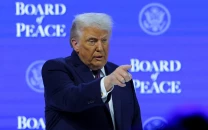

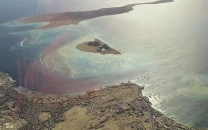
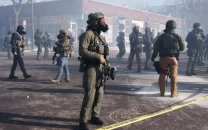
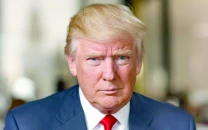












COMMENTS
Comments are moderated and generally will be posted if they are on-topic and not abusive.
For more information, please see our Comments FAQ